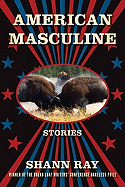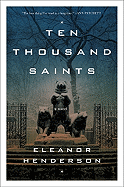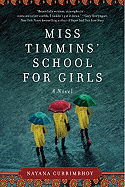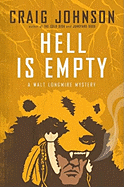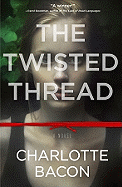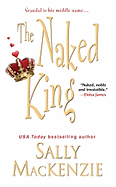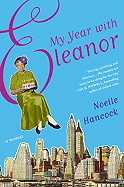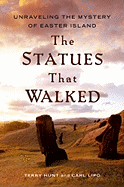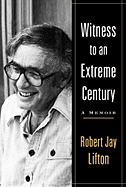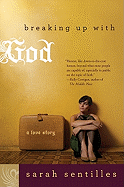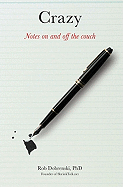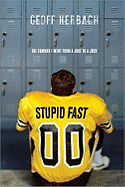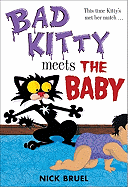Summertime
Today it's officially summertime, and even if your living isn't easy yet, as a reader you're probably at least thinking about the big, juicy books you want to take to the beach, on vacation or even just into your backyard.
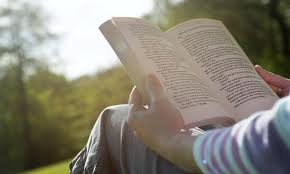 One of the things you'll find in this issue is a roundup of summer-reading lists from various print and online sources, which we hope will make your summer book shopping, borrowing and reading simpler. There are some wonderful titles on offer.
One of the things you'll find in this issue is a roundup of summer-reading lists from various print and online sources, which we hope will make your summer book shopping, borrowing and reading simpler. There are some wonderful titles on offer.
However, inveterate reader that I am, I'll confess to being disappointed this year. Usually I have around 40 books I eagerly await from June through August, and while I can't read them all, I do try (I load up the largest size boat-and-tote bag they make with galleys and ARCs and finished books for each summer's trek to the beach).
This year my "must read" list is way down, and I blame Shelf Awareness.
Yes, you heard me. I blame the very publication you're reading right now--because now that I'm its editor, I have to read way ahead. I've already finished most of the books of summer 2011 and started in on the fall lists.
Naturally, this is all in service of you, dear reader. That's why Marilyn Dahl, our reviews editor, receives galleys of almost every great read out in our Seattle office--so this new, review-packed version of Shelf Awareness can tell you all about each week's very best new books.
If that means I have less to look forward to in summer titles, well, just think--Marilyn and I (as well as Jennifer M. Brown, our children's editor) are already immersed in some great reads to share with you after Labor Day. You can e-mail either one of us if, after reading this issue, you think we've neglected one of this week's best books--or if you have one we should look out for next week, too.
By the way, if you'd like to share Shelf Awareness with your bookish friends, here's our new subscription widget to make things summertime easy.



 For lovers of women's fiction, check out O Magazine's
For lovers of women's fiction, check out O Magazine's 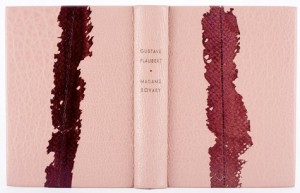 Anyone who's eschewed paper books for the digital kind will get whiplash from the about-face she'll make after seeing these
Anyone who's eschewed paper books for the digital kind will get whiplash from the about-face she'll make after seeing these 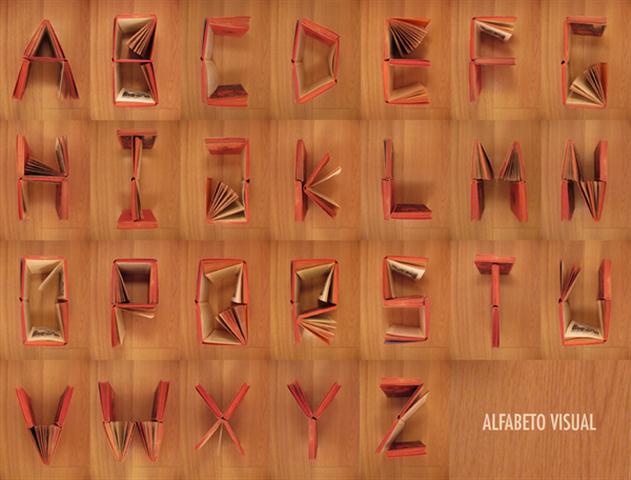 This
This 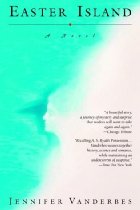 The historical Easter Island: Read Easter Island by Jennifer Vanderbes. Yes, it's a novel, not a history--but this ambitious and gorgeous debut with parallel narratives of women from 1912 and 1973 will teach any reader a great deal about Rapa Nui/Easter Island and its Moai statues.
The historical Easter Island: Read Easter Island by Jennifer Vanderbes. Yes, it's a novel, not a history--but this ambitious and gorgeous debut with parallel narratives of women from 1912 and 1973 will teach any reader a great deal about Rapa Nui/Easter Island and its Moai statues. Life in unspeakable circumstances: read Survival in Auschwitz by Primo Levi. In 1943, the 25-year-old Levi spent 10 months in the Nazi concentration camp. All of his writing about the Holocaust is powerful, but this book in particular explains how mundanity illuminates the human will.
Life in unspeakable circumstances: read Survival in Auschwitz by Primo Levi. In 1943, the 25-year-old Levi spent 10 months in the Nazi concentration camp. All of his writing about the Holocaust is powerful, but this book in particular explains how mundanity illuminates the human will.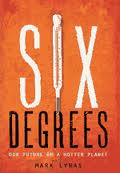 Environmental change and its effects: read Six Degrees: Our Future on a Hotter Planet by Mark Lynas. Lynas, a British science journalist, writes a straightforward account of what might happen, degree by degree, as the earth experiences climate change.
Environmental change and its effects: read Six Degrees: Our Future on a Hotter Planet by Mark Lynas. Lynas, a British science journalist, writes a straightforward account of what might happen, degree by degree, as the earth experiences climate change.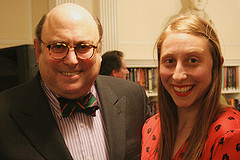 It was a dark and stormy night... or at least over a sort-of stormy weekend when the Horror Writers Association presented its annual Bram Stoker Awards for Superior Achievement, named in honor of Bram Stoker, author of the seminal Dracula. The wards, given out since 1987, recognize outstanding work in the horror field.
It was a dark and stormy night... or at least over a sort-of stormy weekend when the Horror Writers Association presented its annual Bram Stoker Awards for Superior Achievement, named in honor of Bram Stoker, author of the seminal Dracula. The wards, given out since 1987, recognize outstanding work in the horror field.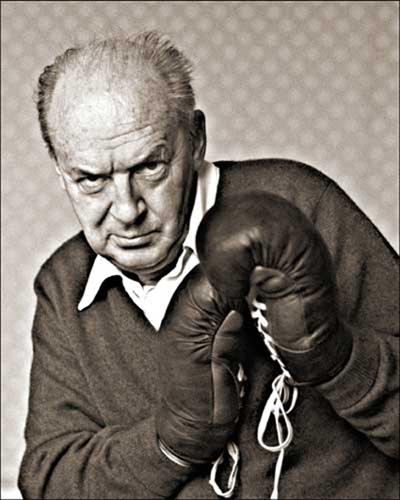 Our title is just one of the names Baudelaire hurled at Voltaire, and you can learn the others in Flavorwire's list of
Our title is just one of the names Baudelaire hurled at Voltaire, and you can learn the others in Flavorwire's list of 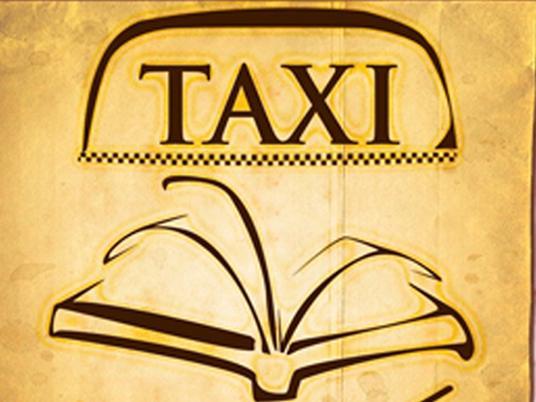 When was the last time you actually learned something in a taxi--but weren't starring on TLC's Cash Cab at the time?
When was the last time you actually learned something in a taxi--but weren't starring on TLC's Cash Cab at the time? Who read Proust in a hammock? Which famous novelist will admit to drowning himself in Guinness and a copy of The Sun Also Rises in seawater? Find out the answers to these questions and many more in the Guardian's
Who read Proust in a hammock? Which famous novelist will admit to drowning himself in Guinness and a copy of The Sun Also Rises in seawater? Find out the answers to these questions and many more in the Guardian's  Poets & Writers magazine recommended
Poets & Writers magazine recommended 